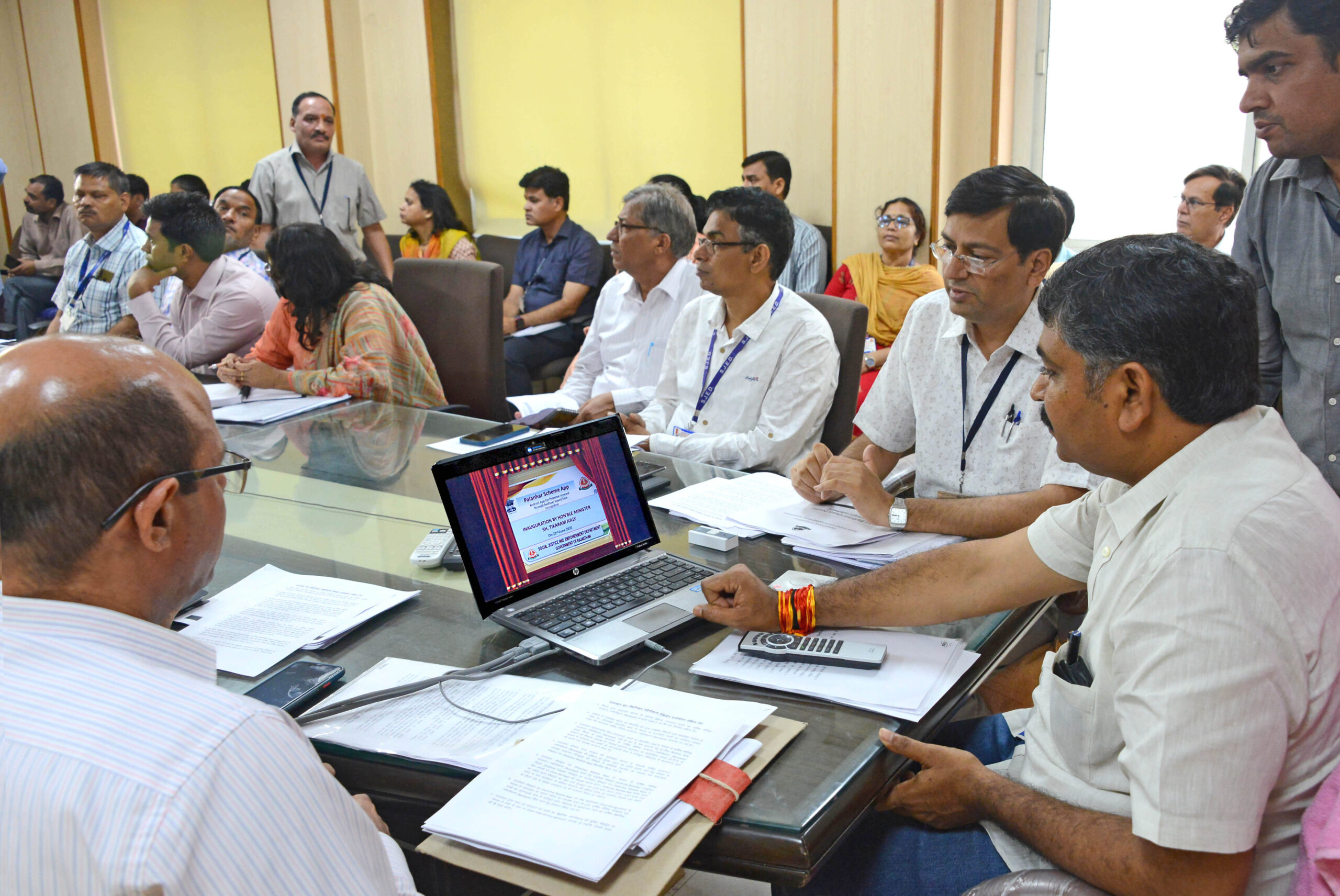Gaza has gone through 16 years of ‘de-development’, says UN
GENEVA: The Gaza Strip has lived through 16 years of de-development, the United Nations said Wednesday, adding that the economic consequences of the Israel-Hamas war were “impossible to determine.”
UNCTAD, the UN’s trade and development agency, said the Palestinian enclave’s economy had been “hollowed out” over time, with 80 per cent of the territory’s population dependent on international aid before the war broke out earlier this month.
“Gaza has experienced 16 years of de-development and suppressed human potential and the right to development,” UNCTAD said in an annual report on the Palestinian economy.
While the report focused on 2022, UNCTAD officials addressed the current conflict during a press conference.
Israel launched withering strikes on Gaza in response to an unprecedented cross-border attack by Hamas militants who killed more than 1,400 people and took 222 hostages on October 7, according to Israeli authorities.
Israeli strikes have now killed more than 6,500 people in Gaza, a rise of more than 700 since Tuesday, according to the Hamas-run health ministry.
“The economic consequences of the current and ongoing humanitarian crisis in Gaza are impossible to determine,” though it would take “tens of billions of dollars” to repair the Gazan economy, Richard Kozul-Wright, the director of UNCTAD’s globalisation and development strategies division, told a press conference.
“What the report does document is the profound economic challenges facing a community under occupation, which in the case of Gaza is compounded by an economic blockade which began in 2007, along with intermittent military operations.”
Shrinking foreign aid
The report on the state of the Palestinian economy in 2022 said that with heightened political tensions and a long-stalled peace process, it had been “one of the worst years for Palestinians in recent history.”
Mutasim Elagraa, UNCTAD’s coordinator on assistance to the Palestinian people, added: “It’s obvious that 2023 is shaping up to be even worse.”
Foreign aid to the Palestinian economy shrank from $2 billion in 2008 to $550 million in 2022, which has “really serious economic ramifications”, said Elagraa.
The report said the Palestinian economy had also been hit hard by the Covid-19 pandemic.
“Even though the Palestinian GDP grew by 3.9 per cent in 2022, per capita real GDP was still 8.6 per cent below its 2019 pre-pandemic level. In Gaza, real GDP per capita was 11.7 per cent below the 2019 level and close to its lowest level since 1994,” the report said.
Palestinian GDP per capita is “currently at just eight per cent of that of Israel”, the report added.
UNCTAD said the Palestinian economy is in a state of “forced economic dependence” on Israel.
“Excessive production and transaction costs and barriers to trade with the rest of the world have resulted in a chronic trade deficit and a pervasive, lopsided dependence on Israel, which accounted for 72 per cent of total Palestinian trade in 2022,” it said.
Elagraa said transportation, storage and insurance costs were three times higher for a Palestinian firm than for a similar Israel one.
‘Vicious circle’
Reliance on the Israeli shekel currency left little room for monetary policy, while its strong exchange rate is not suited for the underdeveloped Palestinian economy, said Elagraa.
UNCTAD said unemployment was at 45 per cent in the Gaza Strip and 13 per cent in the West Bank, with women and young people affected the most.
Elagraa said the true figure would be higher as unemployment only records people looking for work — and not those who have “lost hope” and given up looking.
In 2022, 22.5 per cent of employed Palestinians from the West Bank worked in Israel and settlements, where pay is higher, UNCTAD said, but costs and fees were then “wiping out the premium over the average domestic wage”.
“The vicious circle of destruction and partial reconstruction needs to be broken by negotiating a peaceful solution, based on international law, and relevant UN and Security Council resolutions, to end hostilities, and by increasing donor support for the recovery of the war-torn economy,” the report concluded.





